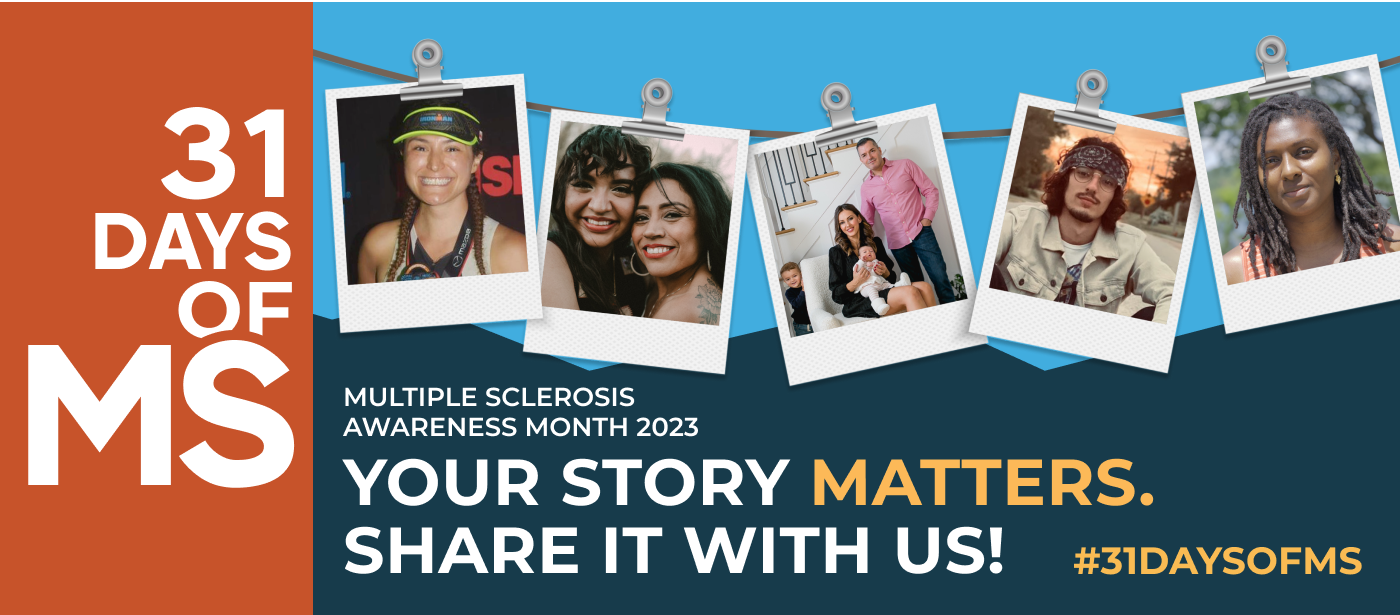31 Days of MS: Getting a second chance at life, thanks to HSCT


Photo courtesy of Cassidy V. Chapman
Day 10 of 31
This is Cassidy V. Chapman’s story:
I was diagnosed with relapsing-remitting multiple sclerosis in January 2004 at the age of 22, the day before my 23rd birthday. It happened during my first year of law school. Still, I graduated law school on time in 2006.
I decided early on to hide my MS professionally. I did a lot of litigation, so I didn’t want to be seen as weak. I started a boutique law firm in 2010. I added support staff and another attorney in less than two years. I had built a good reputation among the legal community in Omaha, Nebraska, so I never had to advertise.
But I became disabled in March 2015, and I could no longer hide my invisible symptoms. The fatigue left me bedridden for days on end, and the cognitive dysfunction made it impossible to clearly communicate in court.
I was on my fourth disease-modifying therapy (DMT) at that point. I was always on the newest and best DMT on the market because my MS was so active and aggressive.
In the summer of 2018, I was put on my fifth and final DMT. By that time, I was relapsing regularly. Acthar gel (repository corticotropin injection) didn’t work, and prednisone caused me serious steroid psychosis.
In January 2019, I applied to Dr. Richard K. Burt’s MOST-MS study at Northwestern University Feinberg School of Medicine in Chicago, to receive hematopoietic stem cell transplantation (HSCT) for my MS. Researchers have seen notable success in halting or slowing MS progression with HSCT in many patients participating in studies, and some have even see improvements. (Editor’s note: As MS News Today‘s Lindsey Shapiro reported last August, “HSCT is not approved for MS in the U.S., where it is considered an experimental treatment, but the procedure is supported by the National MS Society for patients with very active disease who haven’t responded well to other disease-modifying treatments.”)
On July 15, 2019, my “stemmie birthday,” my immune system was successfully reset with non-myeloablative HSCT. The recovery period for HSCT was two years. My MS was halted, but I was determined to improve. I dedicated my time to resting; physical therapy to rebuild my strength and for balance issues; cognitive behavioral therapy for MS-related insomnia; eating a paleo diet; regular walking and light weight training; lots of reading for my “cog fog”; and other natural healing techniques.
To say that this is my second chance at life is true, but it’s more than that. I spent the end of my youth and my entire adult life trying to outrun, or be the exception to, the rule in terms of my MS progression, but DMTs failed me. I am now disease-free and living a life I didn’t think was possible. Not only am I the healthiest I have ever been, but I’m practicing law part-time and have co-founded a nonprofit, “HSCT Hope,” to help others access HSCT.
Multiple Sclerosis News Today’s 31 Days of MS campaign will publish one story per day for MS Awareness Month in March. Follow us on Facebook and Instagram for more stories like this, using the hashtag #31DaysofMS, or read the full series.






